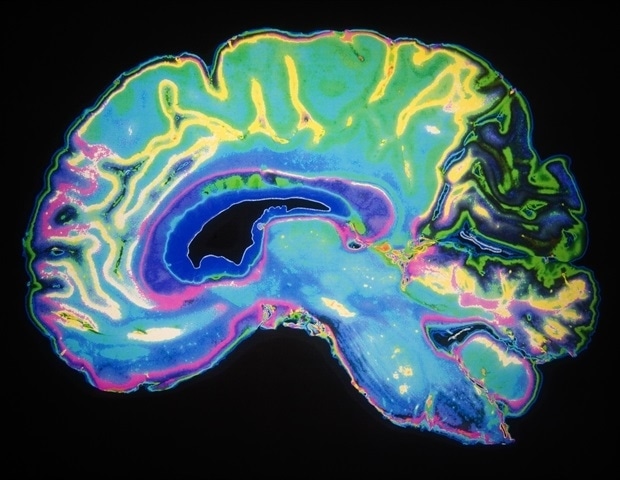In the United States alone, more than 5 million people are suffering from Alzheimer’s disease. In addition, the number of patients with Alzheimer’s disease and other dementia continues to grow each year as the proportion of the population aged 65 and over increases in the United States.
In Alzheimer’s dementia, as the number of nerve cells in the brain decreases, the core symptoms of gradually forgetting things and not knowing the time and place appear first. Behavioral, psychological symptoms such as anger, aggressive behavior, anxiety, and depression are also observed, and eventually, the person becomes bedridden. These symptoms progress slowly, with about half of patients confined to bed 2 to 8 years after onset. The average time from beginning to death is about 8 to 10 years.

It is noticeable that Alzheimer’s disease also affects people around them. Unfortunately, the caregiver is one of the directly affected people. Caring for someone with Alzheimer’s disease is sometimes very difficult. As a result, many family members and friends experience high levels of psychological stress and depression as caregivers.

I’ve already covered Alzheimer’s on my blog roughly before. However, I thought it was essential to again discuss preventing this disease with a natural remedy (Fucoidan) before becoming Alzheimer’s. So, I decided to share further studies about it.
Alzheimer’s disease (AD), accounting for 60~70% of cases of dementia all over the world, is associated with memory loss and cognitive decline in the elderly. AD is a chronic and progressive neurodegenerative disorder regarded as degeneration and loss of neurons in the brain. Though the pathogenesis of AD is still unknown, it has been proved that accumulation of beta-amyloid (Aβ) fibrillary deposition in senile plaques and neurofibrillary tangles lesions in specific areas of the brain correlates with the progression of cognitive dysfunction.
Additionally, Fucoidan, extracted from brown algae, is a complex sulfated polysaccharide and a potential bioactive compound, including anti-oxidative and antitumor effects. However, Fucoidan’s neuroprotective effect is still unknown.
The following study investigated whether Fucoidan protects PC12 cells from apoptosis induced by a combination of beta-amyloid 25-35 (Aβ25-35) and D-galactose (D-Gal) and improved learning and memory impairment in AD model mice.
According to “Protective effects of Fucoidan on Aβ25-35 and D-Gal-Induced Neurotoxicity in PC12 cells and D-Gal-Induced cognitive dysfunction in mice” by Hengyun Wei et al. first, to the neuroprotective effect of Fucoidan toward neurotoxicity, PC 12 cell was damaged by treating with Aβ and D-Gal. Damaged PC 12 cells are known to induce apoptosis. However, since Fucoidan (200 and 400 μg/mL) inhibits apoptosis, Fucoidan was proved to reduce the neurotoxic effect (Fig. 1).
Next, they evaluated Fucoidan’s protective effect toward AD by using D-Gal injected mice. The study prepared five groups, saline administrated control, D-Gal injected group (Model), and Fucoidan administrated AD groups (50, 100, 200 mg/kg). They also performed Nissl staining to analyze the density and shape of neurons in mice’s hippocampus cornu ammonis (CA1). So, CA1 neurons were observed to decrease their function depending on the accumulation of senile plaques and then cause or improve AD. However, Fucoidan ameliorated morphological disorder of hippocampal neurons, and the density of neurons was increased significantly in AD model mice. (A Fig 2)
To further confirm whether Fucoidan can decrease Aβ deposition in the hippocampus CA1 in AD mice, we carried out immunohistochemistry staining. The results indicated that Aβ deposition, similar to Alzheimer’s disease, was much more in model mice, and fucoidan treatment decreased CA1. (B Fig. 3)
Subsequently, Fucoidan showed a protective effect on AD development by protecting neurons from neurotoxicity induced from Aβ and D-Gal.


B Fig3): Immunohistochemical staining of CA1 neuro
